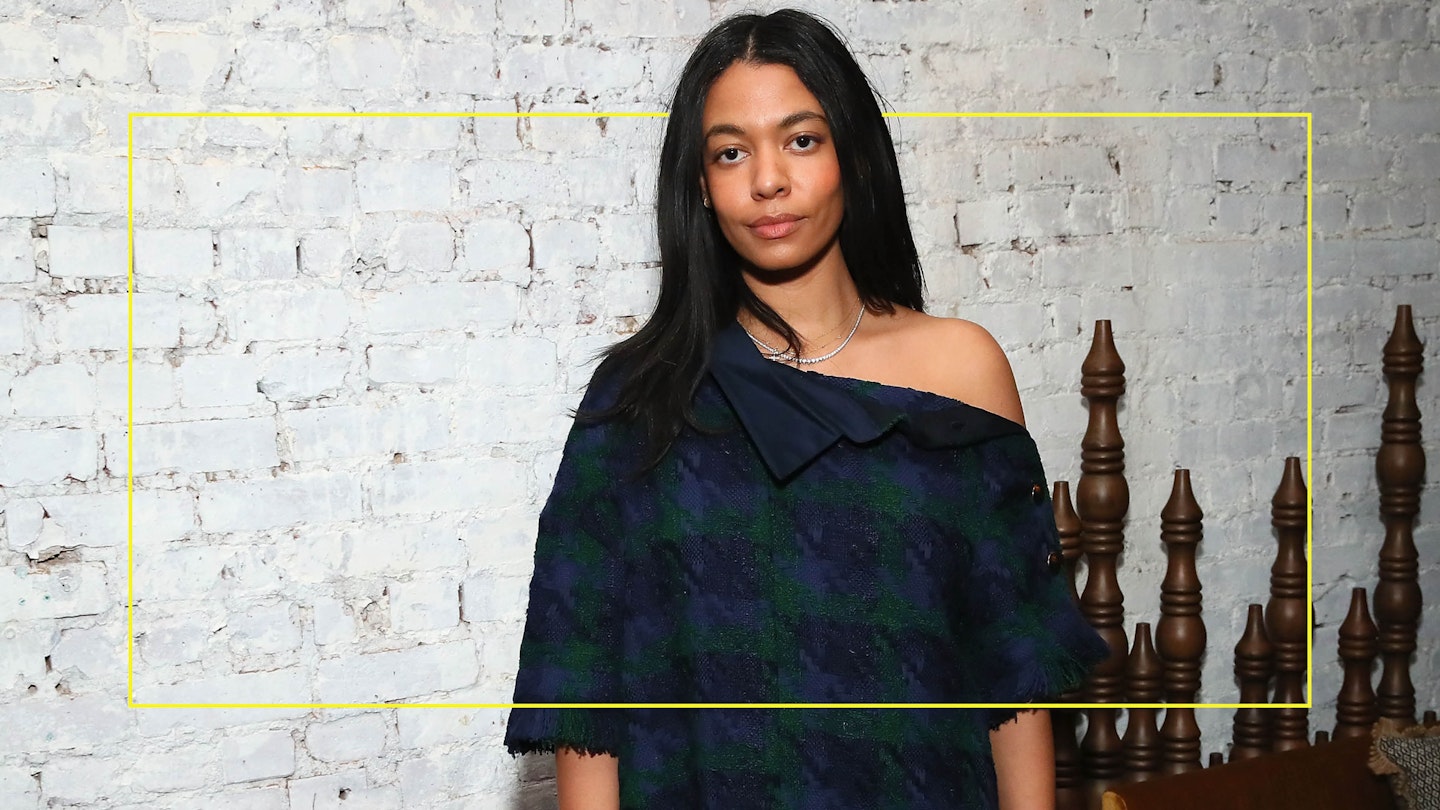In August, Aurora James took a weekend off, posting a picture of herself leaning against a gate with a blue-skied and bucolic countryside background for company. 'You need to take breaks in a marathon. We have done a lot, but there is still so much to do,' she commented - and she would know. The accessories designer - her brand, Brother Vellies, has cult status in the fashion industry and famously appeared on Jodie Turner-Smith in Queen & Slim - has had a major, a 'marathon', year, culminating in being one of 20 honorees at 2020's Fashion Awards. James is being recognised for her pioneering work with the Fifteen Percent Pledge, a movement she set up in June that is calling for America’s biggest retailers to pledge 15% of their shelf space to Black-owned businesses.
This is because, in the U.S., the coronavirus has caused more Black-owned business closures than their Latinx- or white-owned counterparts. It’s a sobering fact, reflecting how the country’s systemic racism has led to economic inequalities. ‘We were at a disadvantage to begin with,’ says James. ‘Black-owned businesses can't get the credit they need to expand. Studies consistently find that they experience higher denial rates when it comes to loans, and if they do manage to get a loan, they experience higher interest rates.’
So far, the pledge has more than 102,000 signatures, and Sephora, one of the four retailers included in the initial-call-out along with Target, Shopbop and WholeFoods, as well as InStyle, Macy's and Bloomingdale's, has signed up.
James is also a US Voguecover star, with her painted portrait (wearing Pyer Moss) acting as one of the faces of the magazine's September issue, centered around the concept of hope. For the issue, artists Kerry James Marshall and Jordan Casteel were asked to produce paintings for the covers. While Marshall created a fictional character, Casteel chose James because, in her own words, 'I believe that what Aurora is doing is hugely important in creating the long-term change that Black people deserve and this country owes us. I see her as a light in a lot of darkness, and a potential for hope, a representative of change across all creative industries. What’s most exciting to me is being given artistic integrity and being able to choose the person to be my sitter—someone who reflects a portion of my own identity—and then to do that truly in the medium of my choice. This is the way that I speak to the world. And this is the way I’ve been speaking to the world and talking about the humanity of our people, talking about humanity in general. It’s a really profound experience. I do think I’m participating and a change is happening.'
Speaking of change, James has been a vocal support of Biden-Harris, partnering with Michelle Obama's When We All Vote, a non-partisan organisation, and creating her own campaign merch, a sweatshirt that reads: 'We Make The Difference: Black Women For Biden-Harris 2020.' On 8 November, the designer posted: 'HOPE prevails ✨ and now the work is just getting started. The door has been opened let’s walk through it. Eradication of the electoral college, gun control, healthcare, economic justice, climate change... let’s get ready to make some good trouble. 💌 I love you. We did that.'
Speaking to Grazia last month, James said: ‘As a business owner, and during this pandemic, I am especially torn up by how much Black businesses are suffering. I believe this pledge is ONE way major retailers can work on beginning to take steps towards financial equality.' She arrived at the 15% figure because although Black people represent 15% of America’s population, their contribution to the economy is undervalued and underrepresented. ‘Black people spend trillions of dollars in this country every year, but yet represent an insignificant fraction of how these companies allocate their purchasing power,’ she says. Were this to change, billions of dollars would be funnelled back into the Black community.
This isn’t, however, a quick-fix for businesses she says. Companies should not be buying 'random products' from Black-owned businesses as a way to tick a box, but should instead be rethinking their entire business strategy to place value on black spending power now and in the future. ‘Many Black people choose to spend money with these businesses, their stores are set up in our communities, and their sponsored posts are targeted to us. If they value our money, then value us as well and show us that we are represented.’
As part of the pledge’s launch, journalist Mona Chalabi produced a data-driven graphic, visualising how the pandemic had disproportionately affected Black-owned businesses, with 21% saying they wouldn’t survive the pandemic. The figure for white-owned businesses was 5% in comparison. Why is there such a disparity? James quoted a statistic that really shows this disadvantage at work during the pandemic. ‘According to the Center for Responsible Lending, 95% of Black-owned businesses were unlikely to receive the first round of the Paycheck Protection Program (PPP), the most significant pot of money congress offered to small businesses in the Coronavirus Aid Relief and Economic Security (CARES) Act, which could have resulted in the amount of working Black business owners falling by 40%.’
Black business owners need to be offered the same financial incentives as white business owners. But changes also need to be made at the consumer level. When asked how shoppers can engage with the movement towards economic equality James said, ‘They should shop responsibly. Think about how they are using their own spending power and when going to purchase something, think of it as a vote. Dollars are votes. If you spend your money at a business that has signed the pledge, you can be assured they are working on getting money back into the community.'
And while we wait for a similar reckoning in the UK's retail industry, the 15% Pledge has outlined three steps that any business (big or small) can take now.
- Take stock (accessing the percentage of business, shelf-space and contracts given to Black-owned businesses at present).
- Take Ownership (looking at blind spots, finding concrete steps to address them and publishing findings internally and externally).
- Take Action (publishing, and executing, a plan for growing the share of Black businesses you empower to at least 15%).
There's something for everyone to do - and there's no time like the present to do it.
SHOP: The Best Black-Owned Businesses To Support Now
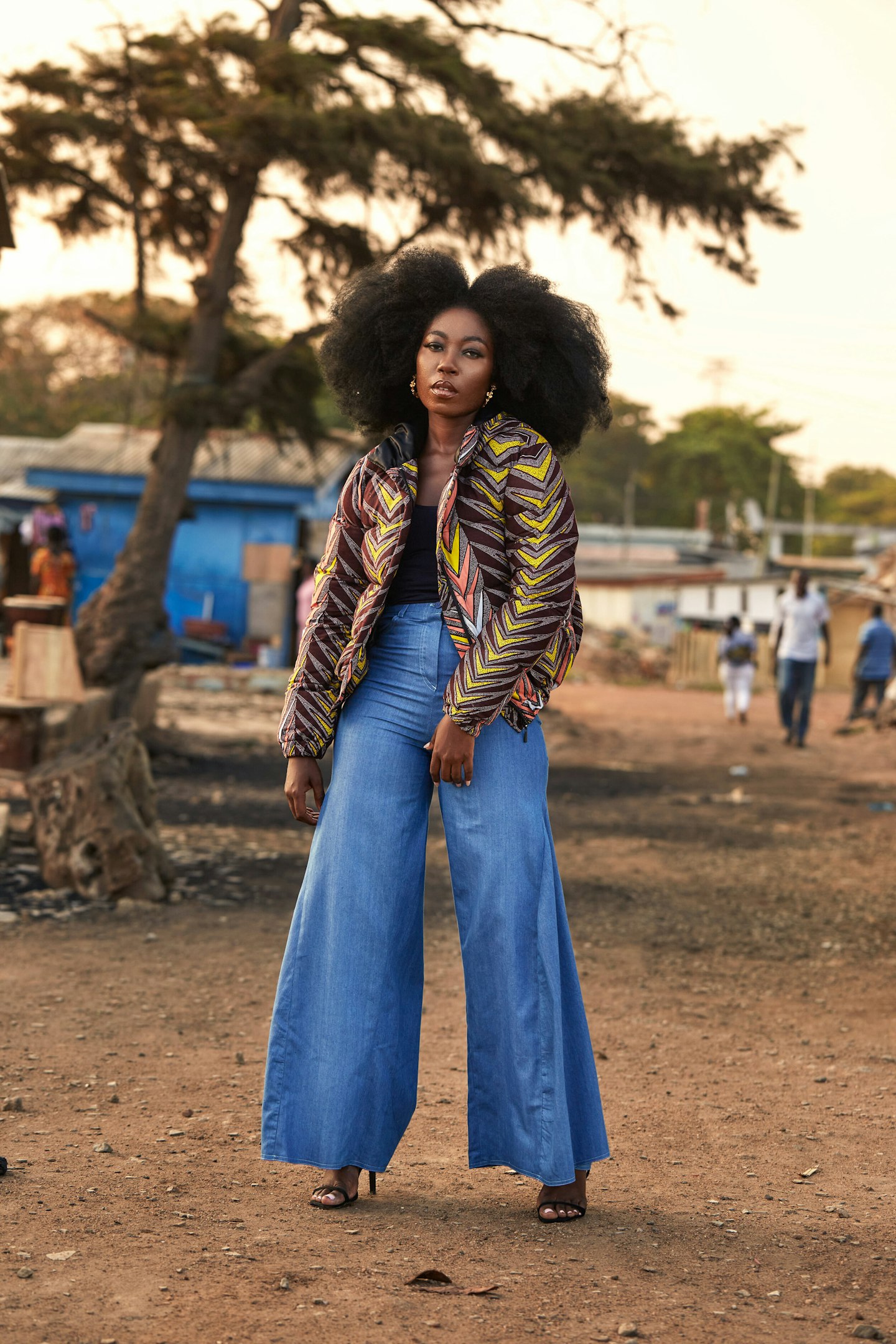 1 of 23
1 of 23SIKA, Maliah Puffer Jacket, £215
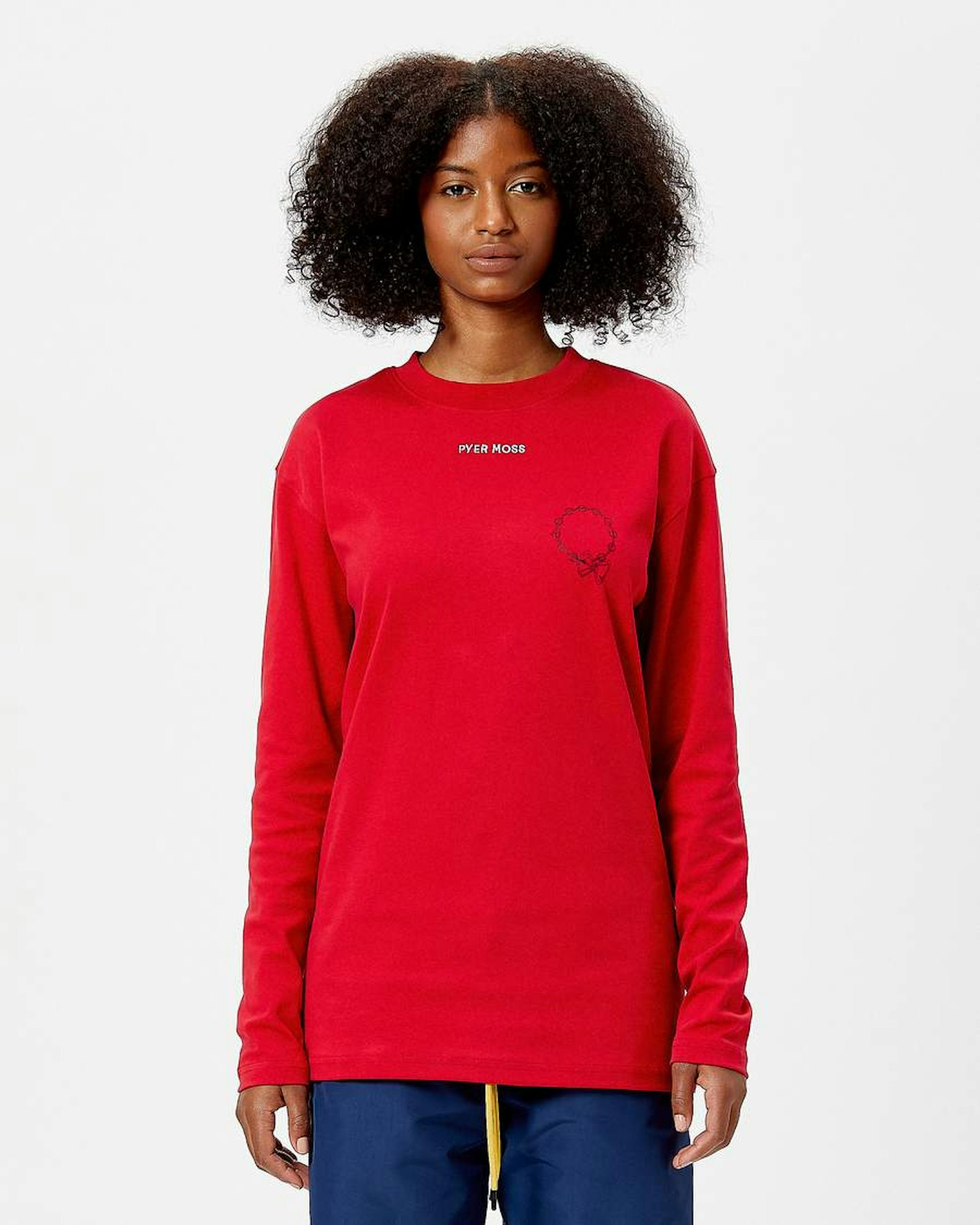 2 of 23
2 of 23Pyer Moss, Sister Long-Sleeve Tee, £128
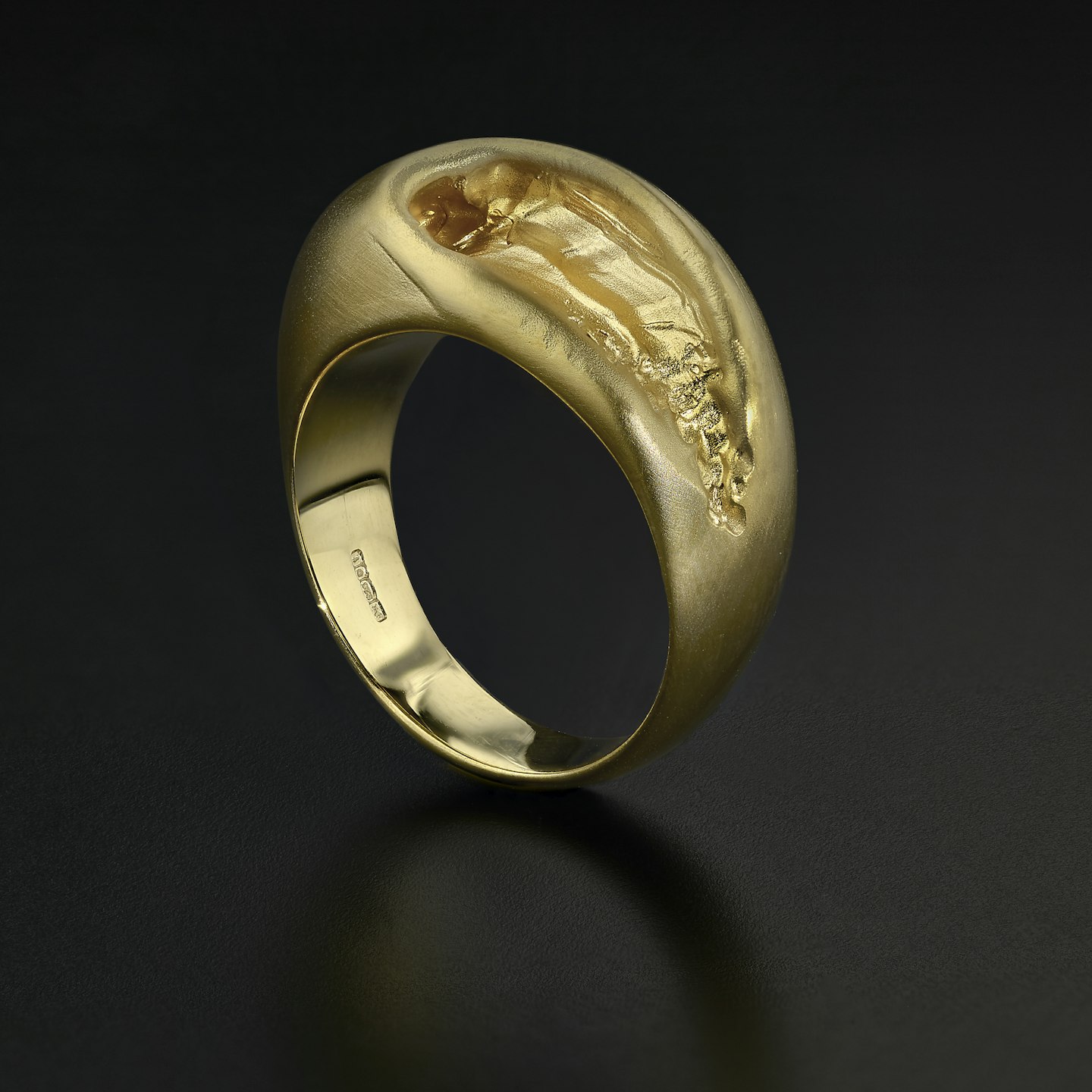 3 of 23
3 of 23Emefa Cole, Tube Ring, £800
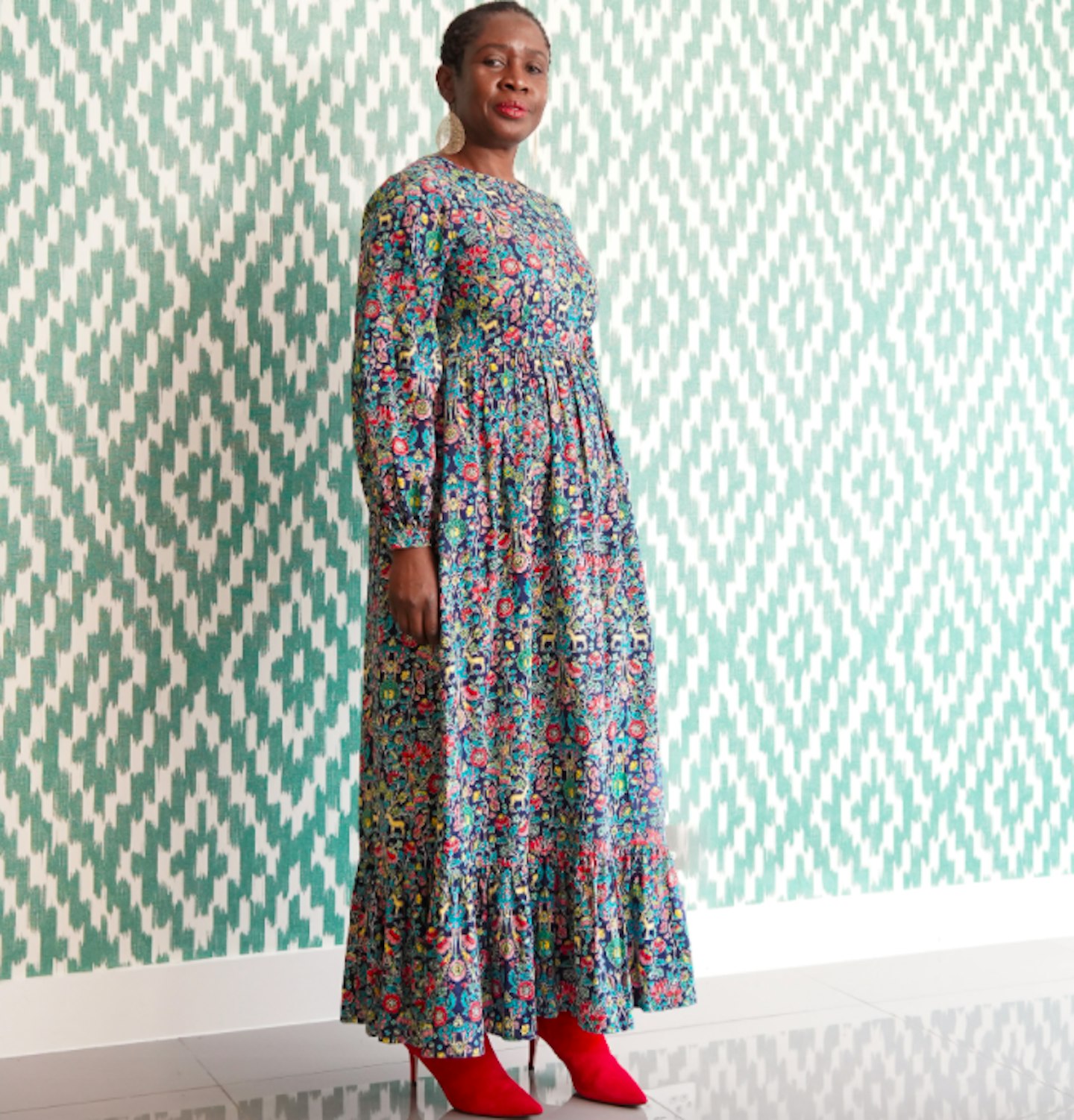 4 of 23
4 of 23Kemi Telford, Forest Brushed Cotton Maxi Dress, £205
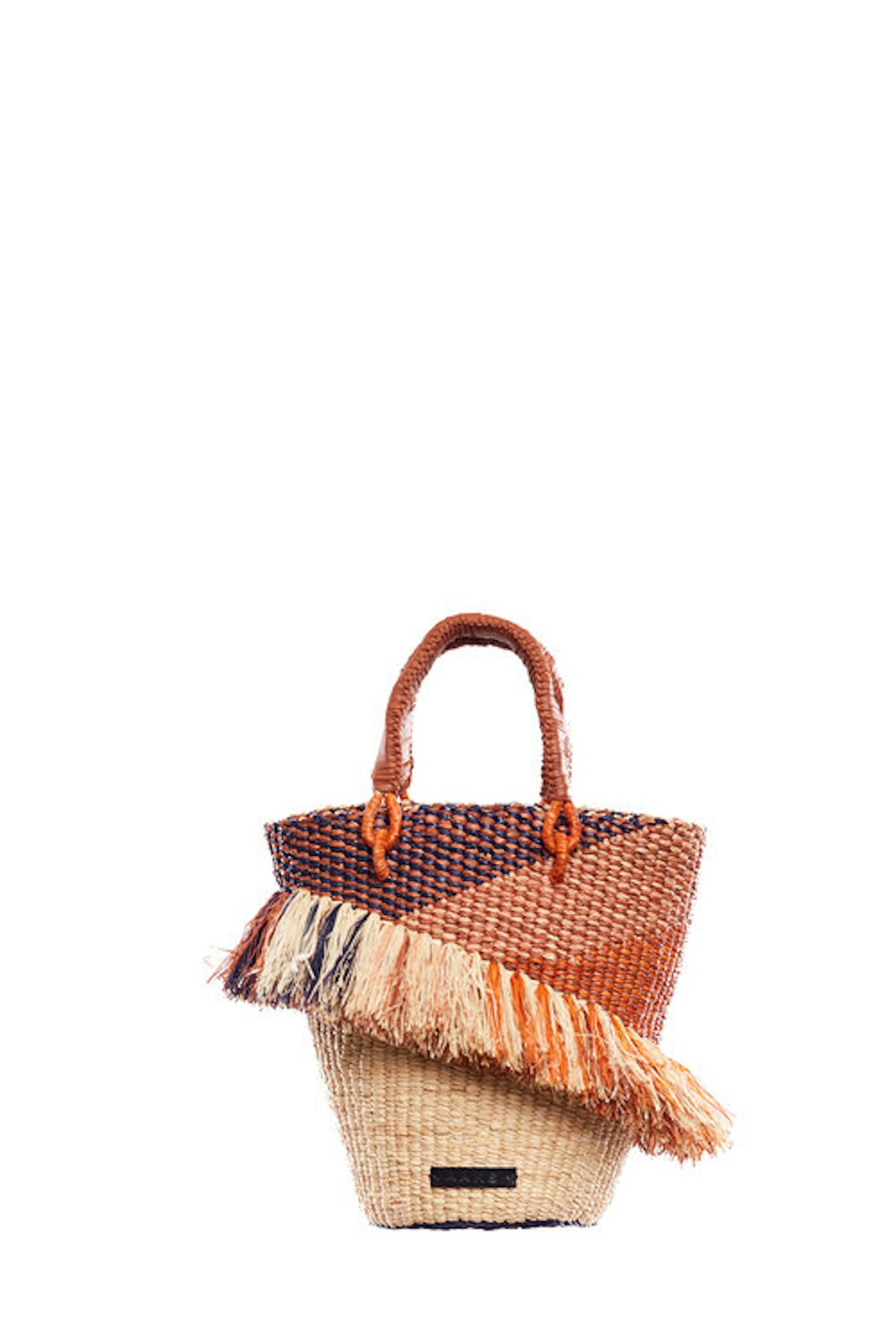 5 of 23
5 of 23AAKS, Tia Ruffle, £165
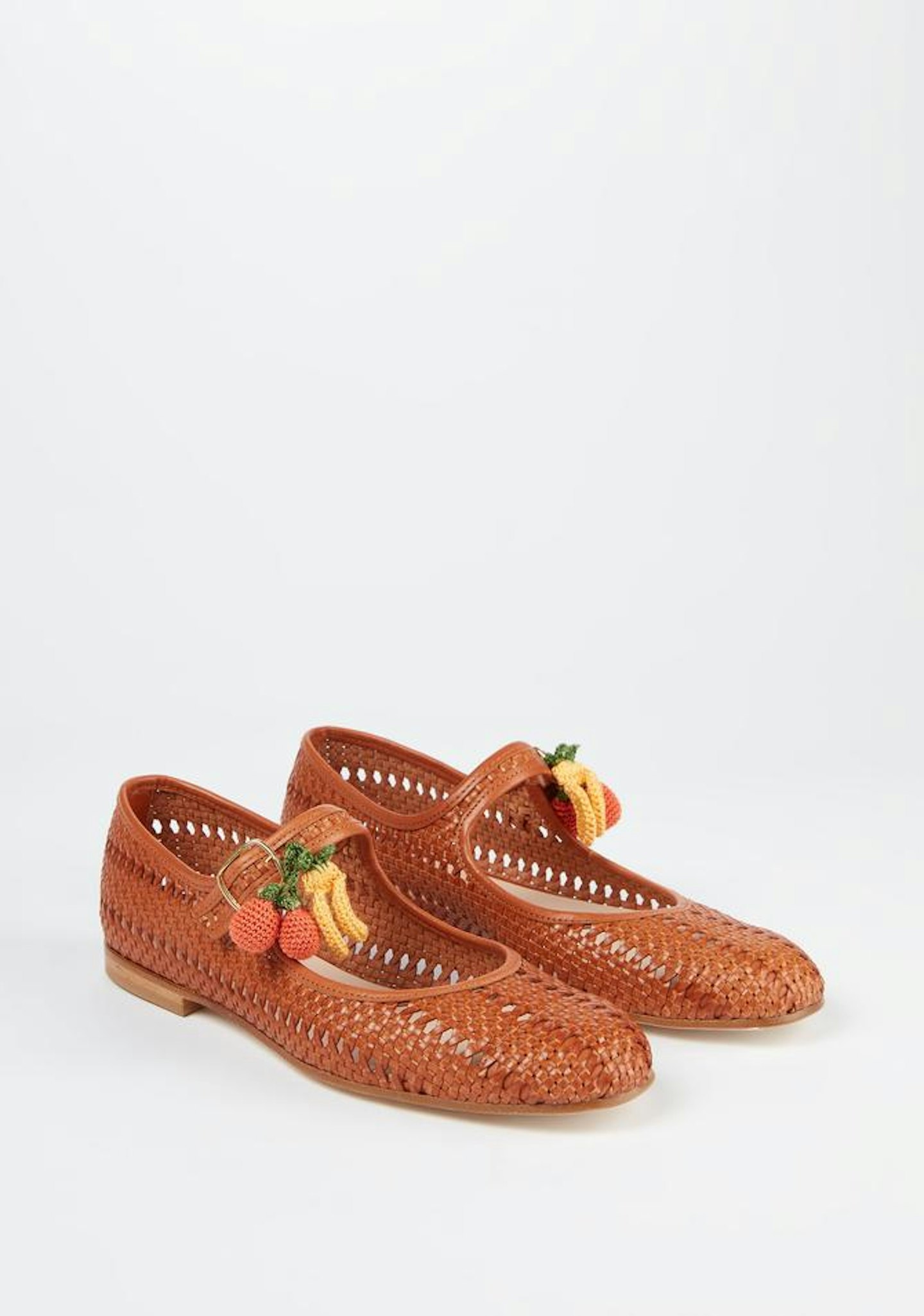 6 of 23
6 of 23Brother Vellies, Picnic Shoes, £545
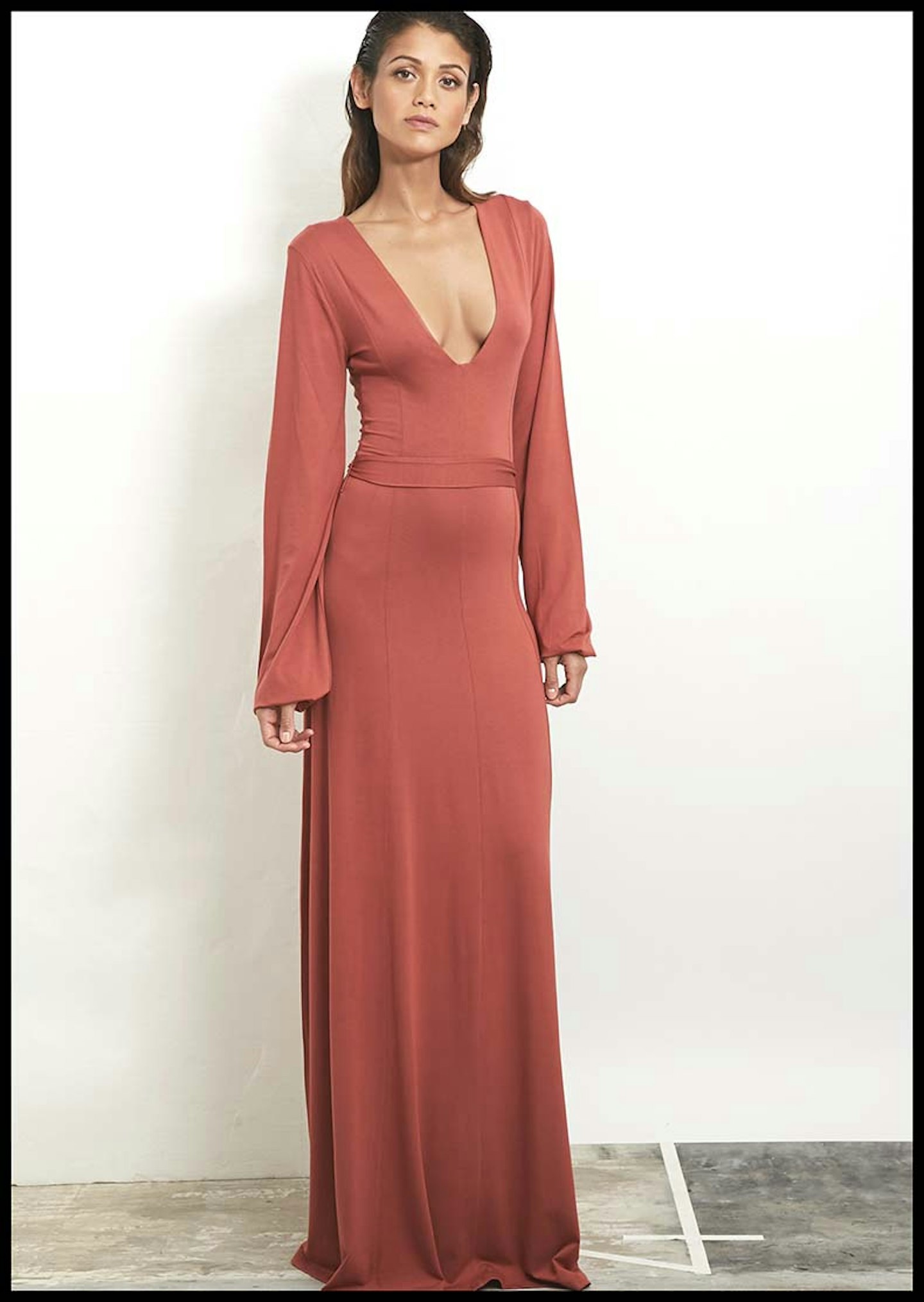 7 of 23
7 of 23TTYA, Plunge Maxi Dress, £20
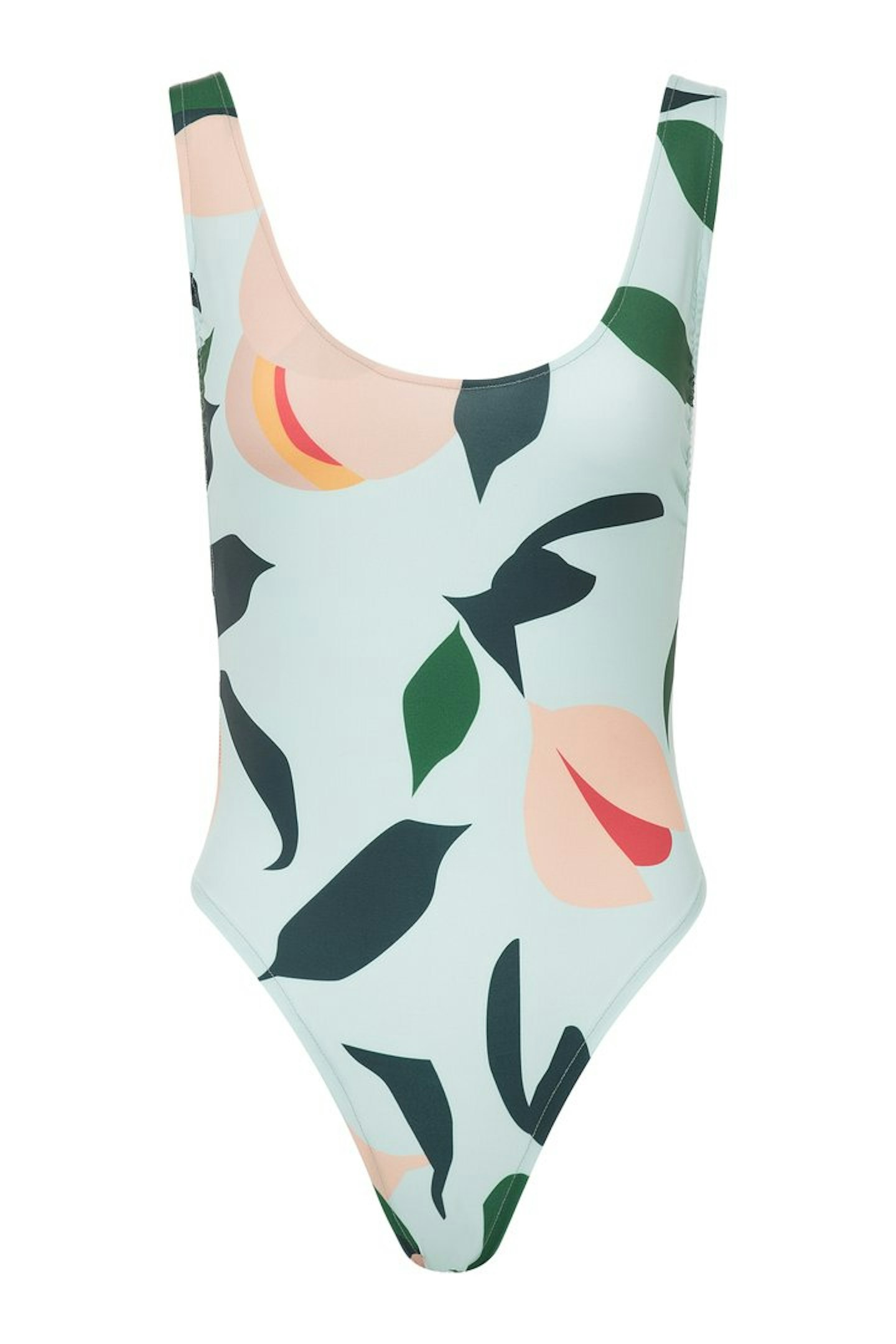 8 of 23
8 of 23Fe Noel, Nutmeg Swimsuit, £134
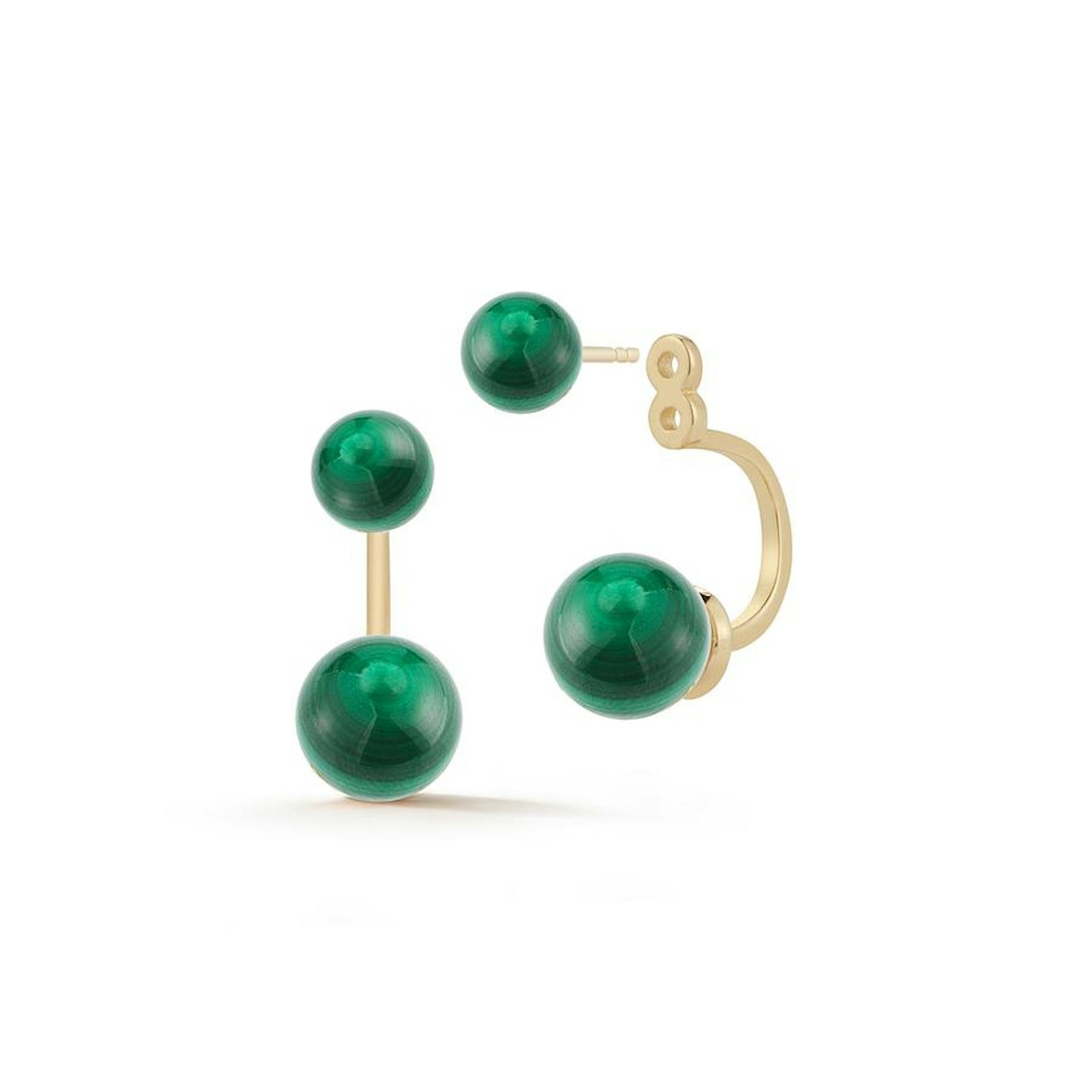 9 of 23
9 of 23Mateo New York, 14K Gold Malachite Ear Jackets, £439
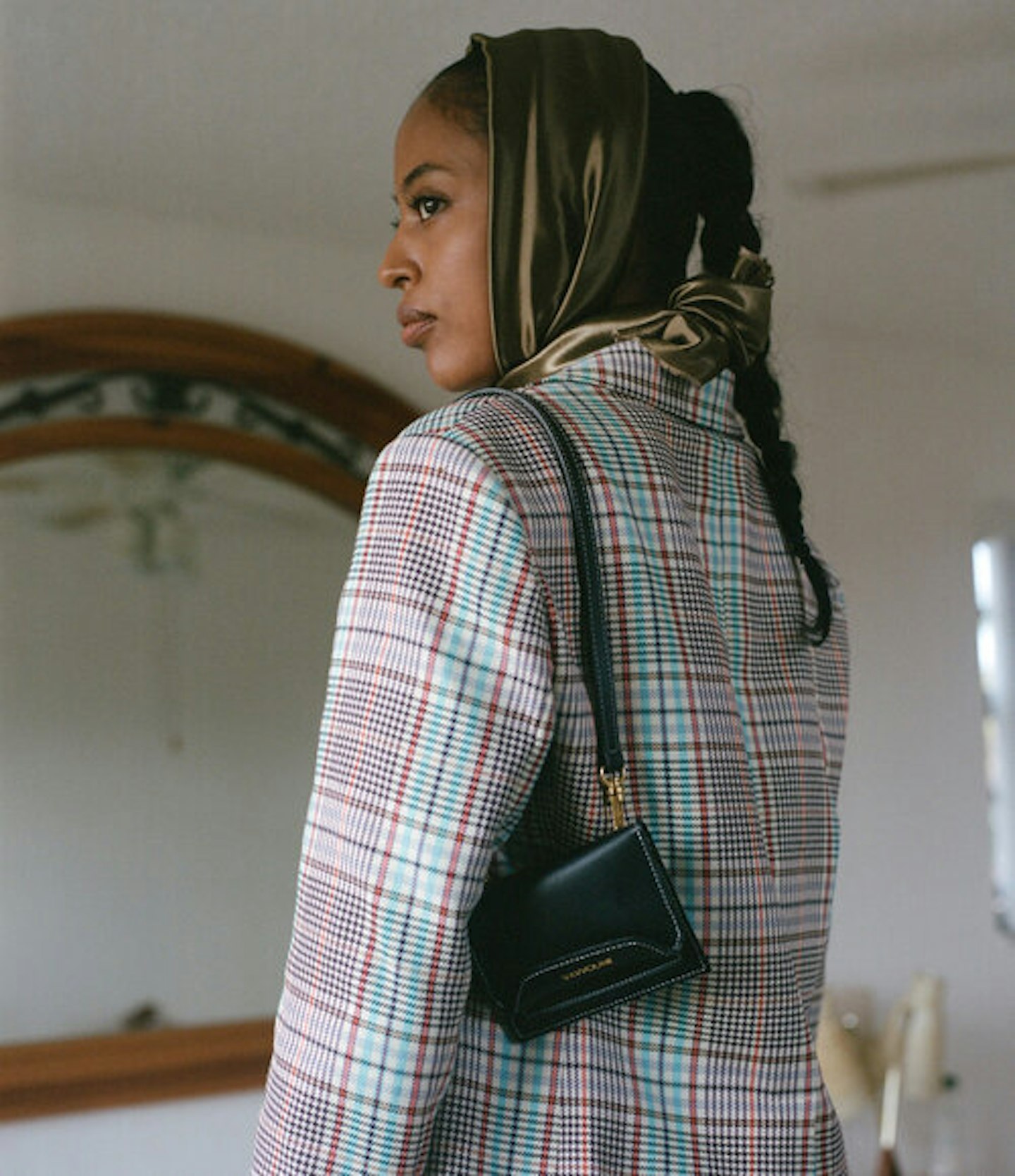 10 of 23
10 of 23Vavvoune, USRA Wallet, £153
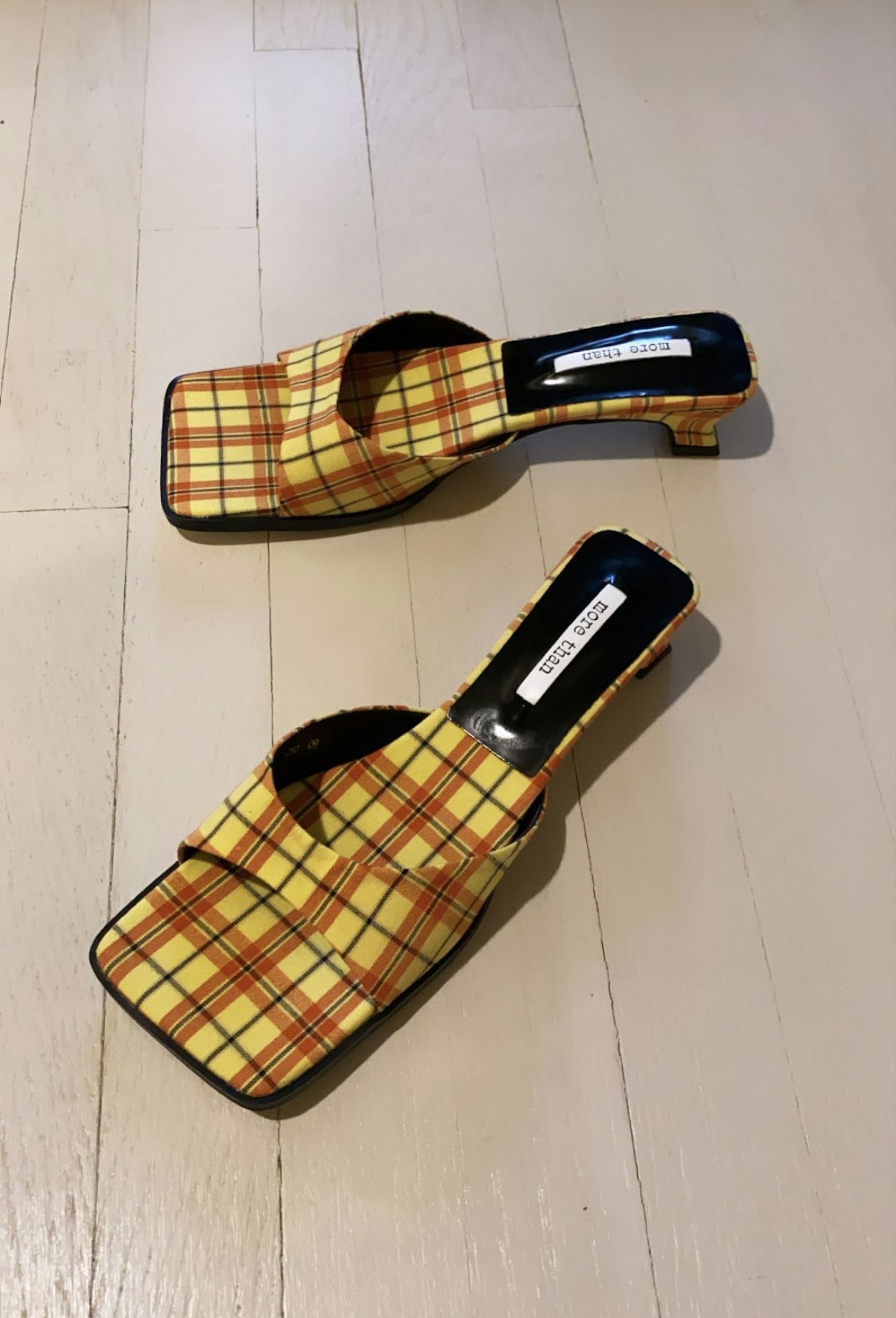 11 of 23
11 of 23More Than, Nikki Plaid Slides, £72
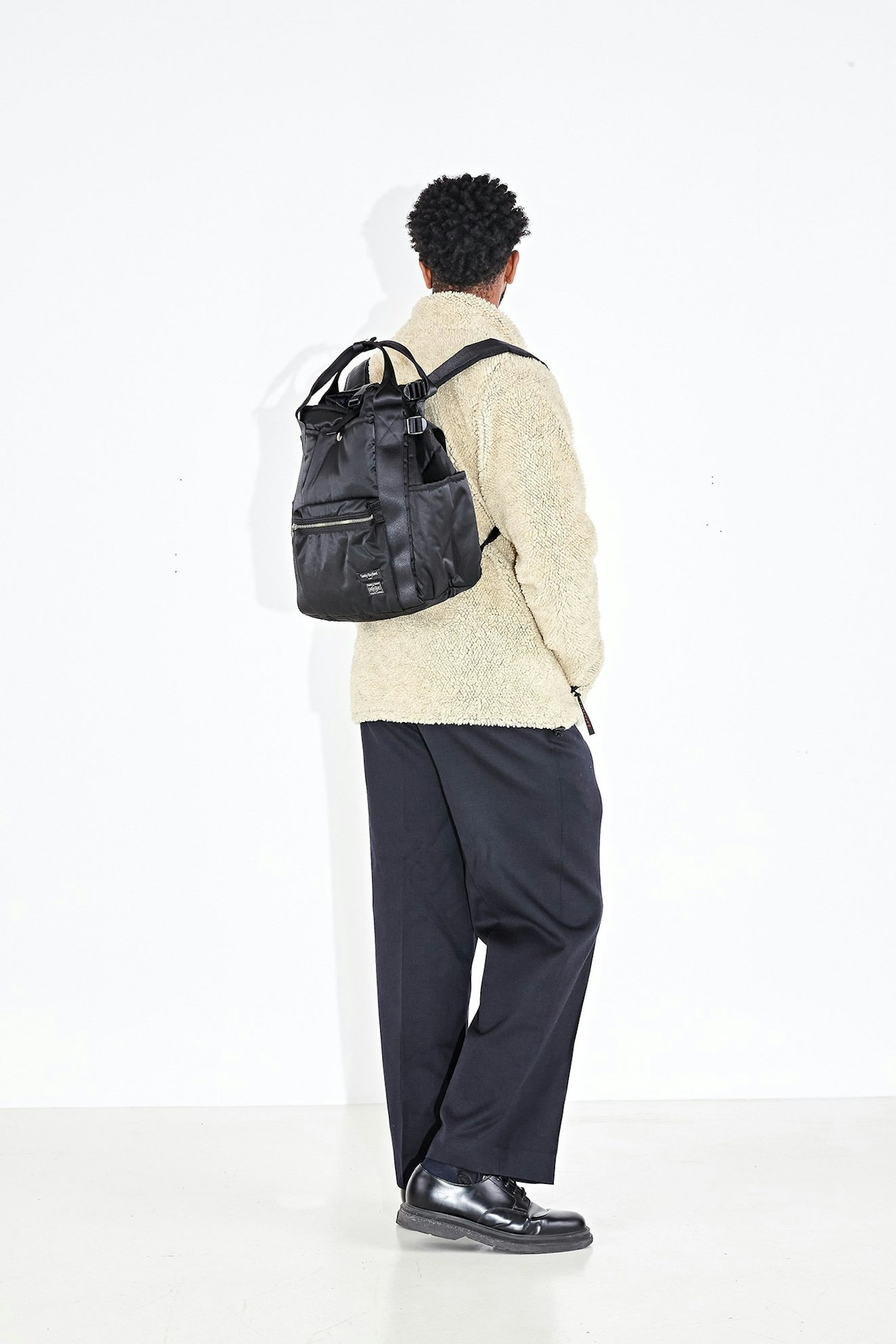 12 of 23
12 of 23Casley-Hayford, Union Rucksack, £395
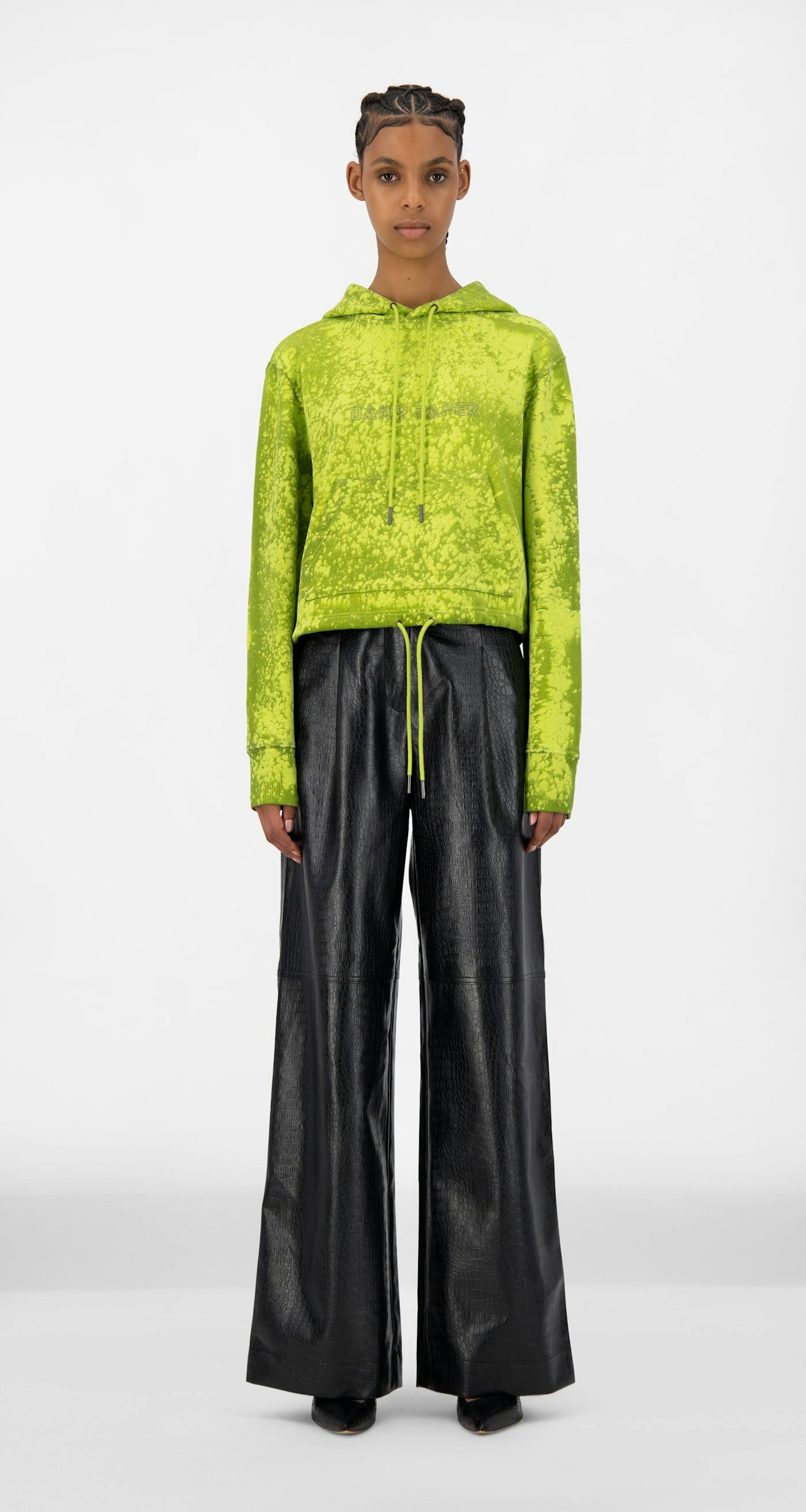 13 of 23
13 of 23Daily Paper, Acid Lime Jowa Hoodie, £139
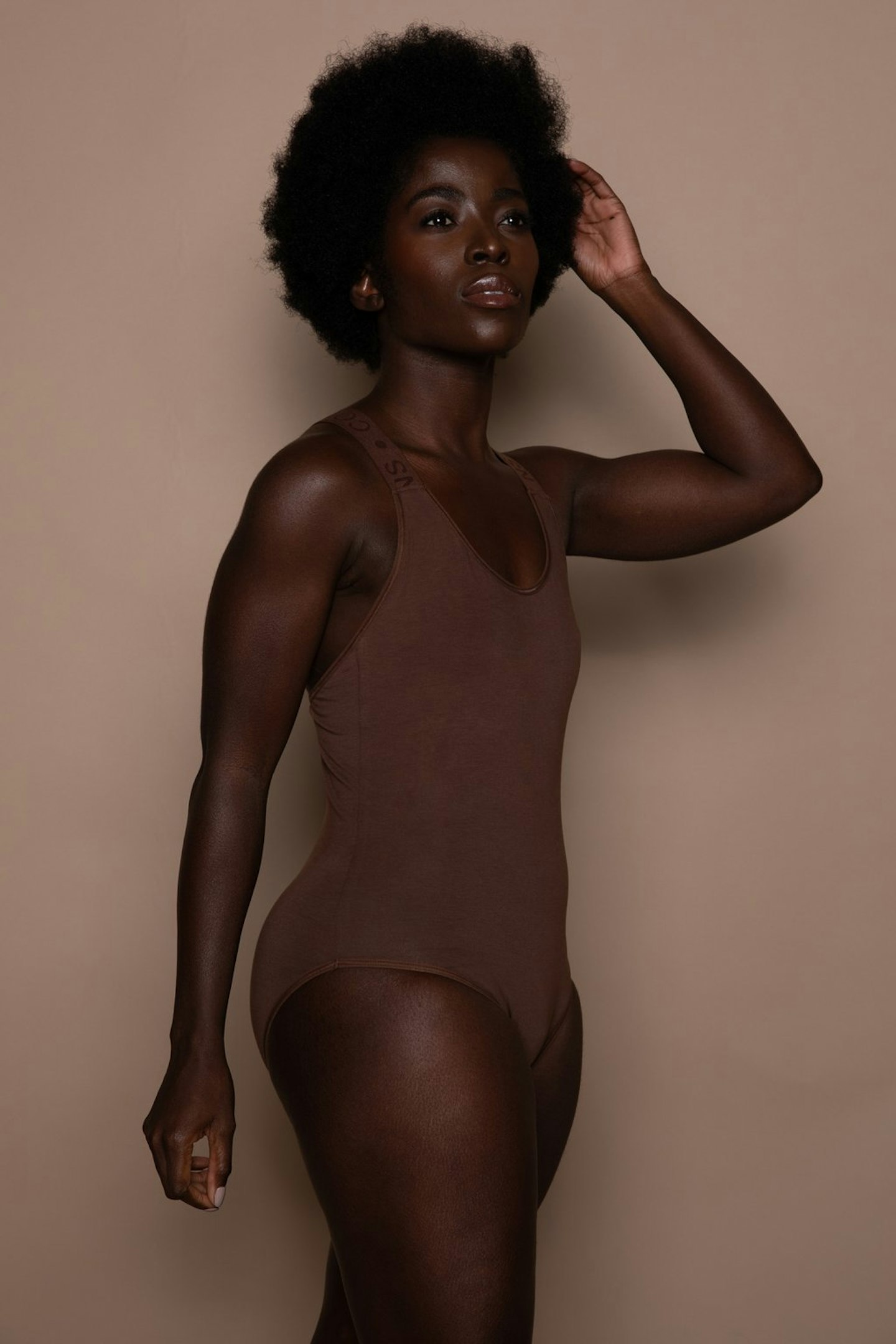 14 of 23
14 of 23Nubian Skin, Bodysuit, £39.50
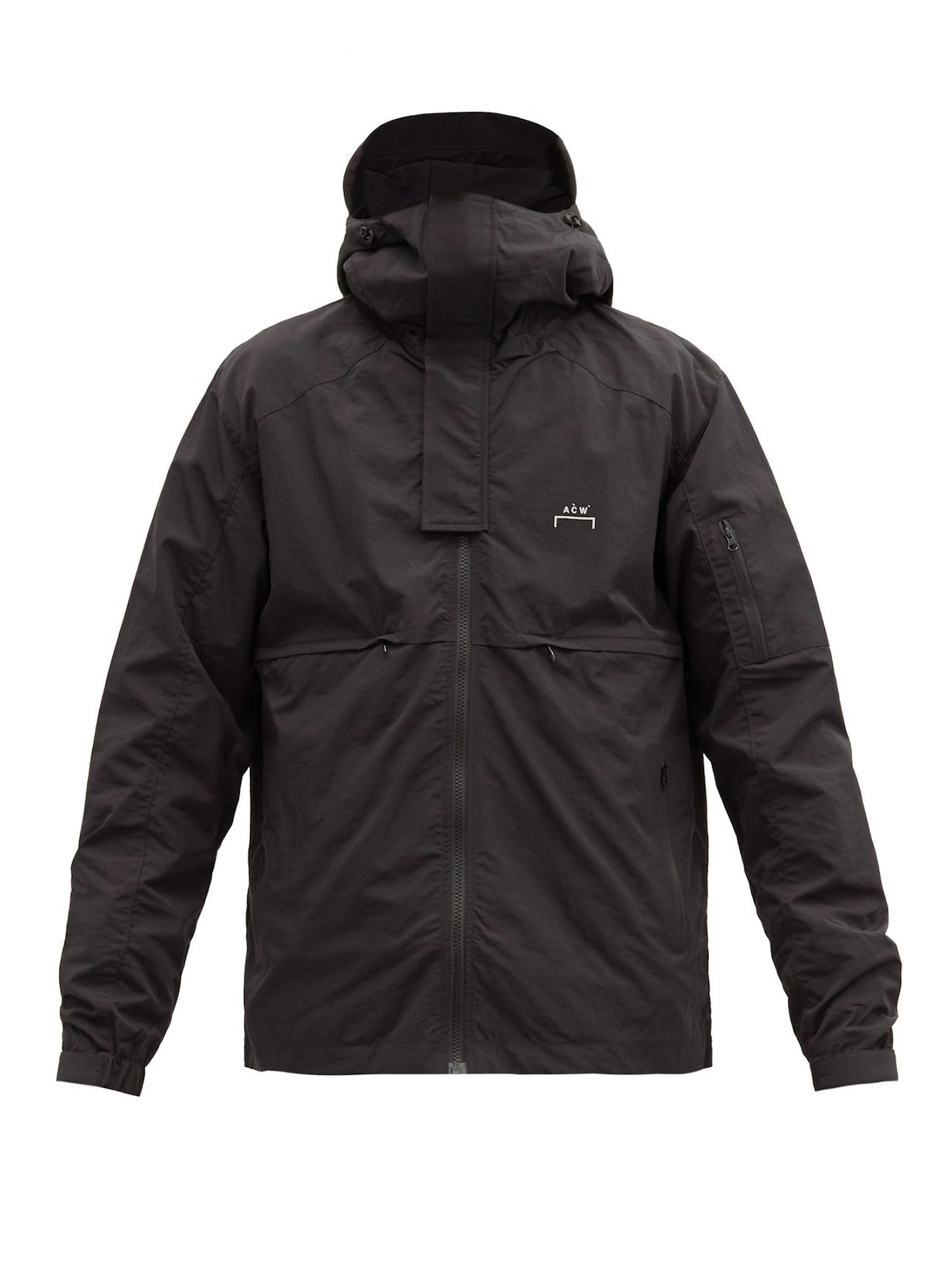 15 of 23
15 of 23A-Cold-Wall*, Storm Compass-Pocket Hooded Jacket, £335
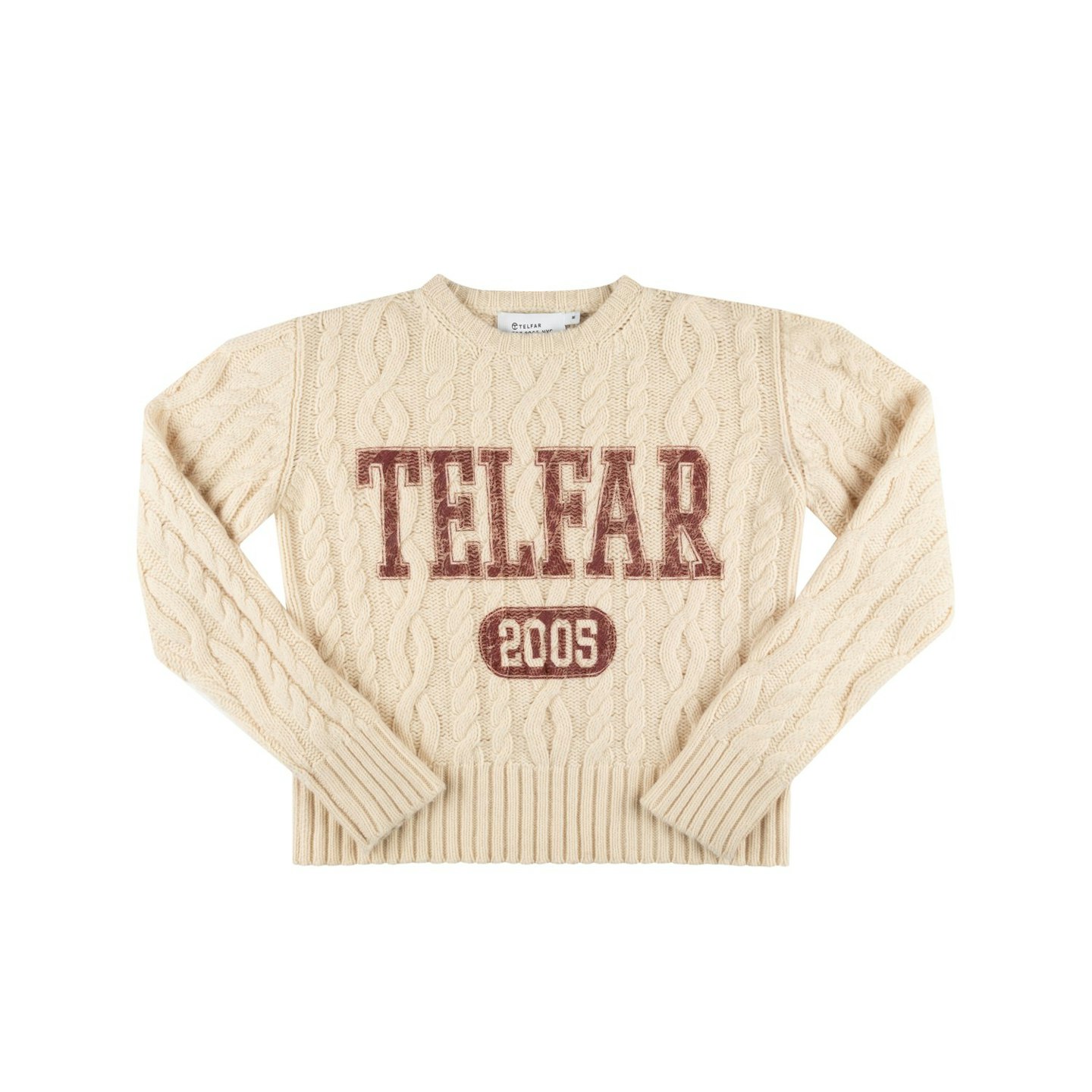 16 of 23
16 of 23Telfar, Cable-Knit Thumbhole Sweater, £329
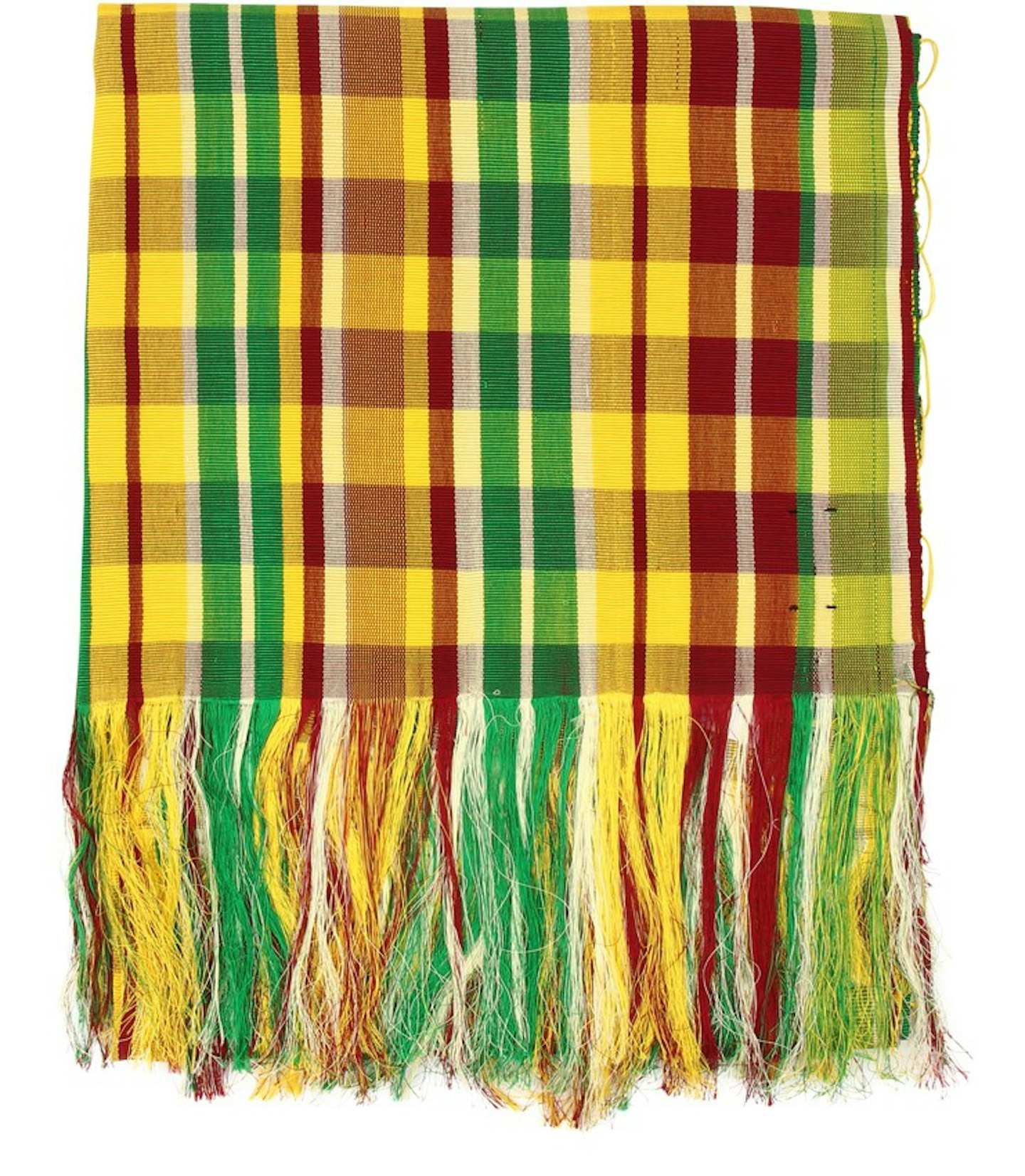 17 of 23
17 of 23Kenneth Ize, Handwoven Scarf, £240
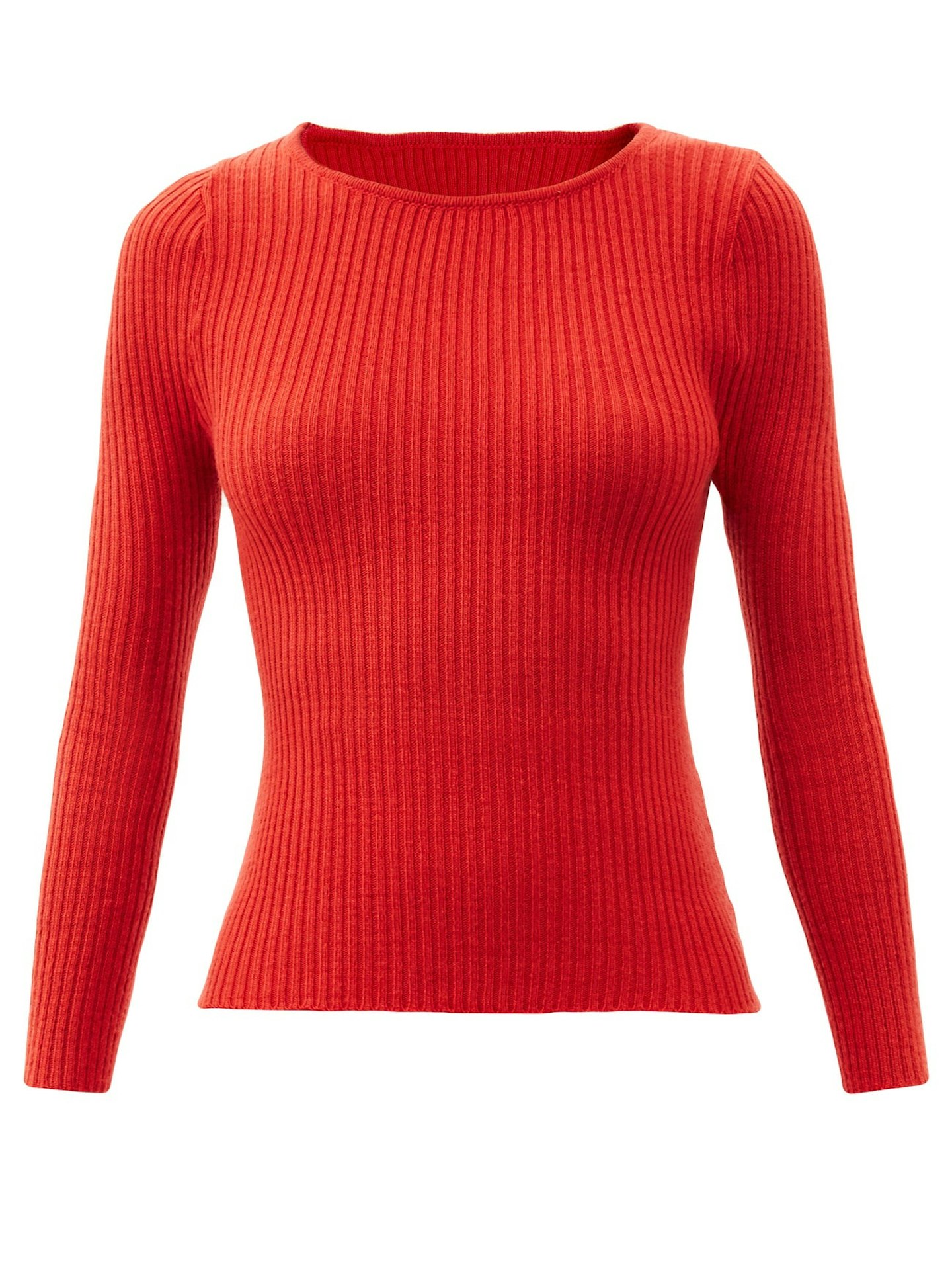 18 of 23
18 of 23Thebe Magugu, Boat-Neck Ribbed Wool Sweater, £265
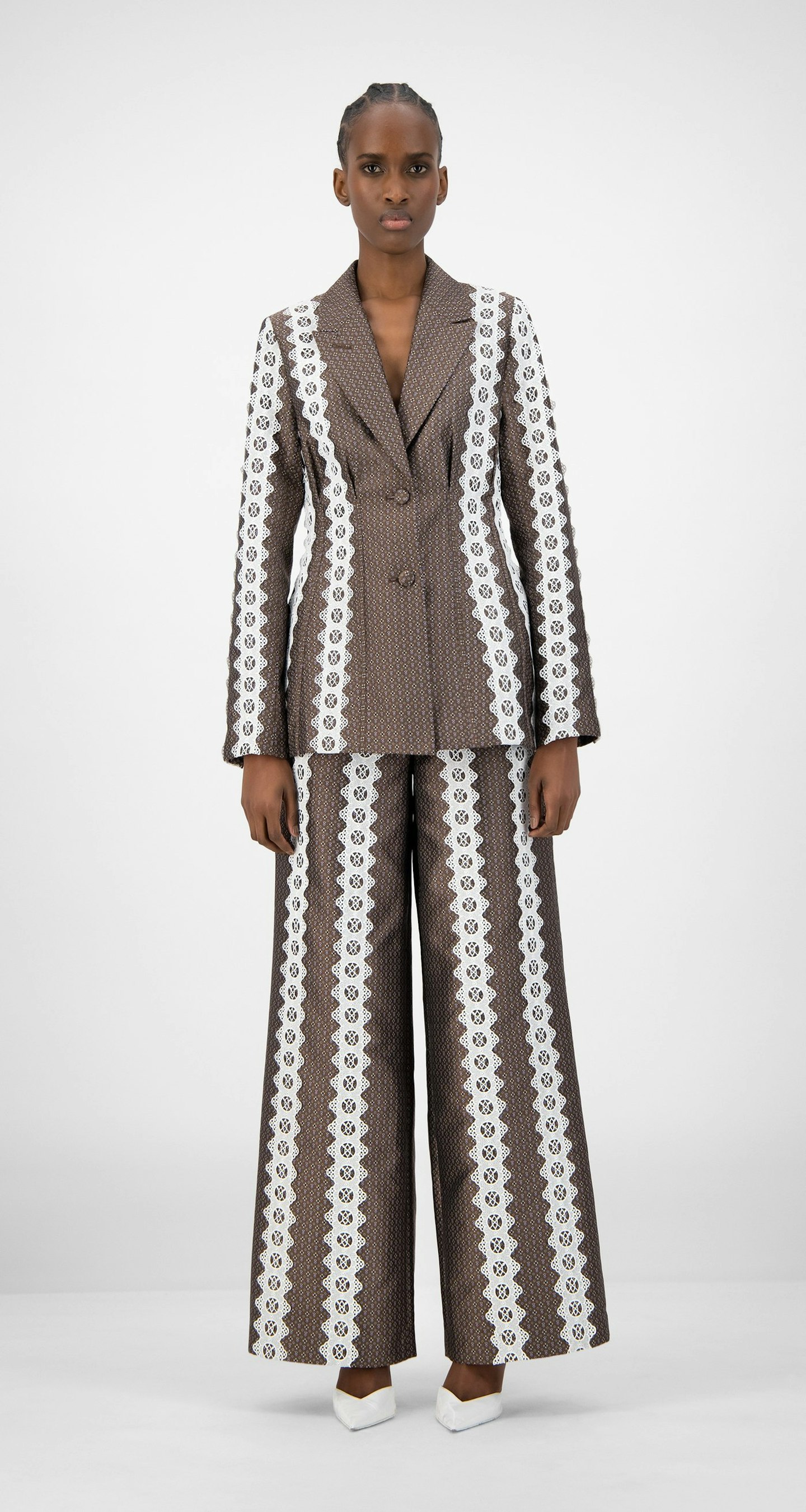 19 of 23
19 of 23Daily Paper, Brown Kazira Blazer, £285
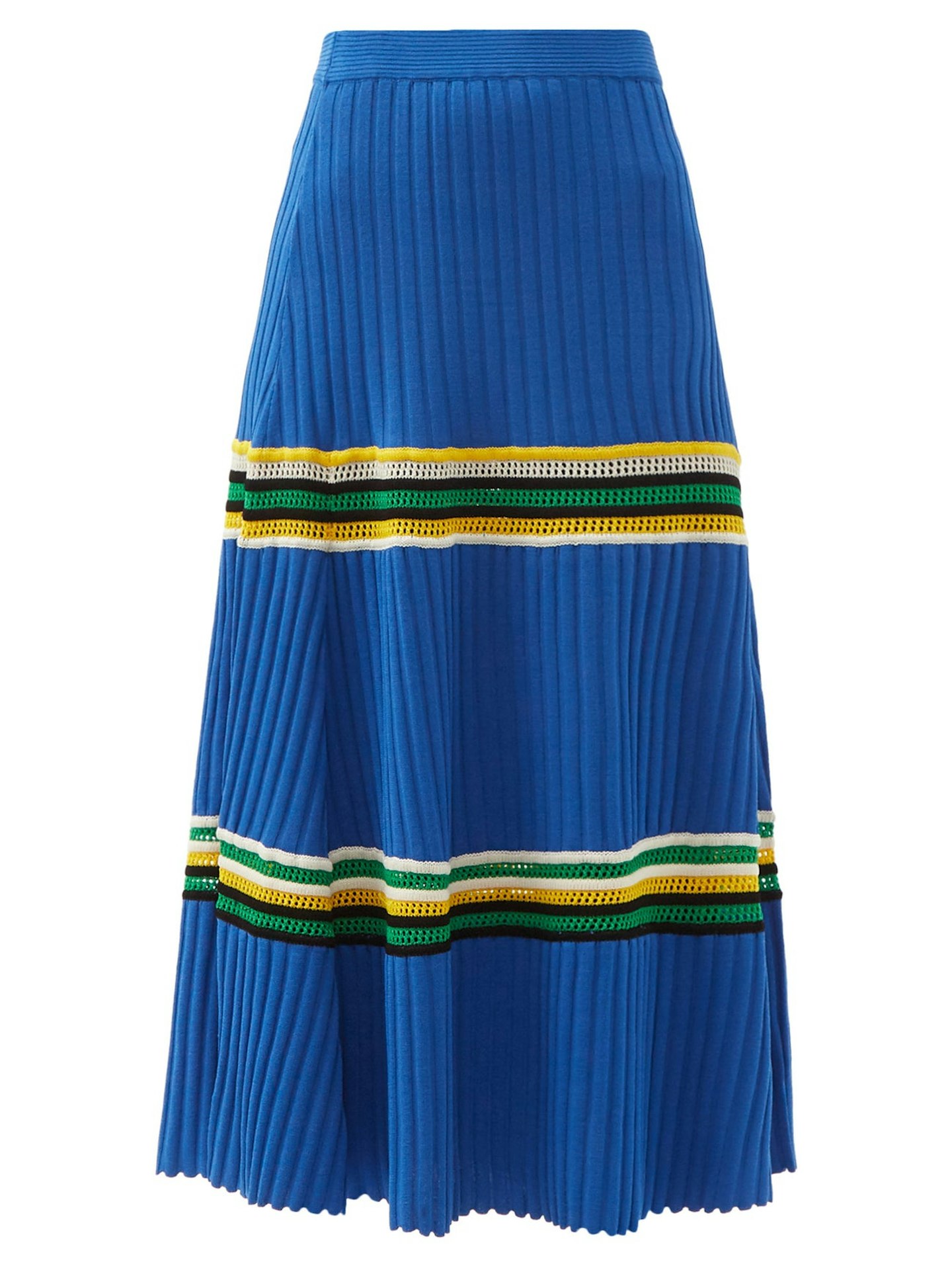 20 of 23
20 of 23Wales Bonner, Saint Ann Crochet-Panel Rib-Knitted Skirt, £450
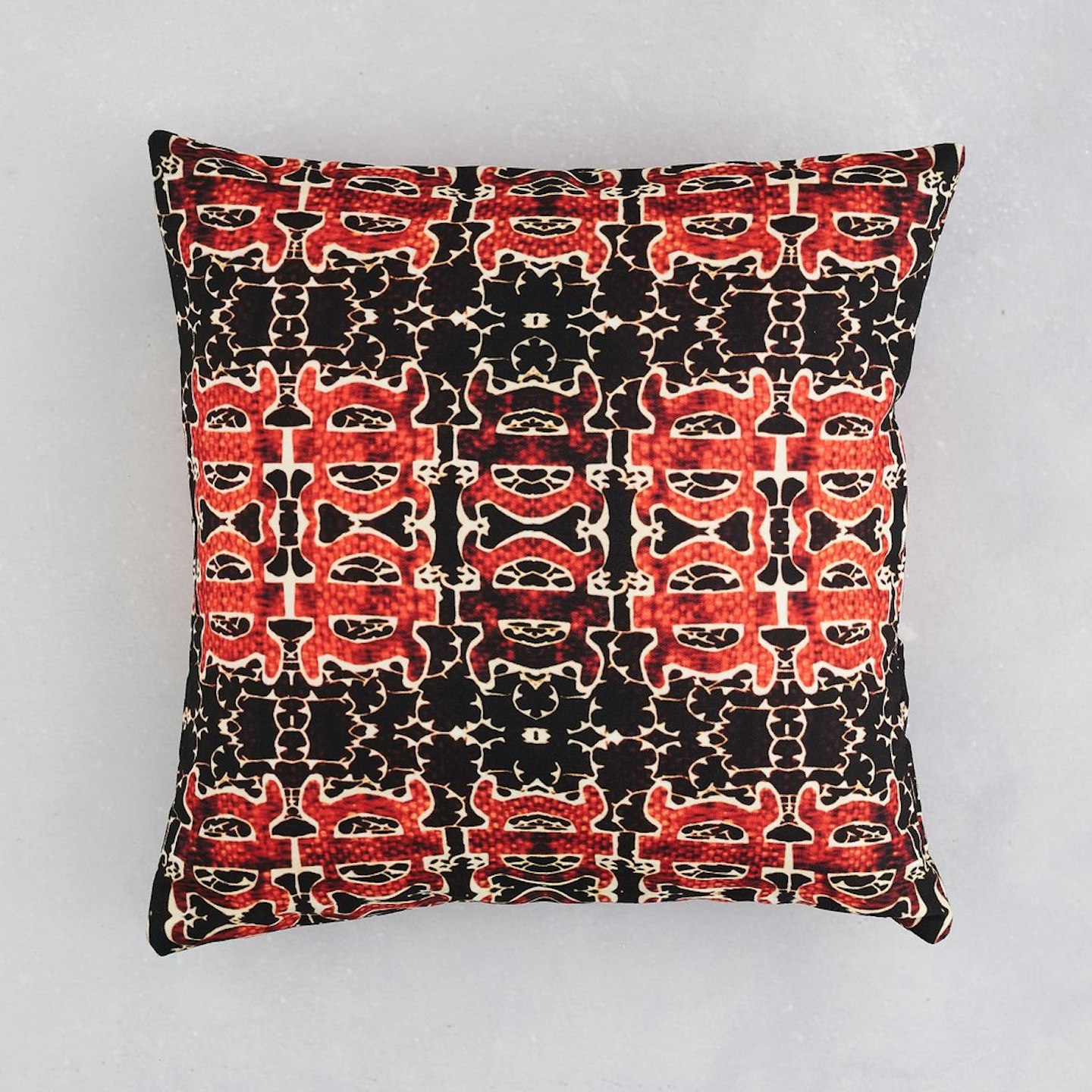 21 of 23
21 of 23AK Wilde, Adinkra African Print Cushion, £37
 22 of 23
22 of 23Martine Rose, Jersey Funnel-Neck T-shirt In White, £135
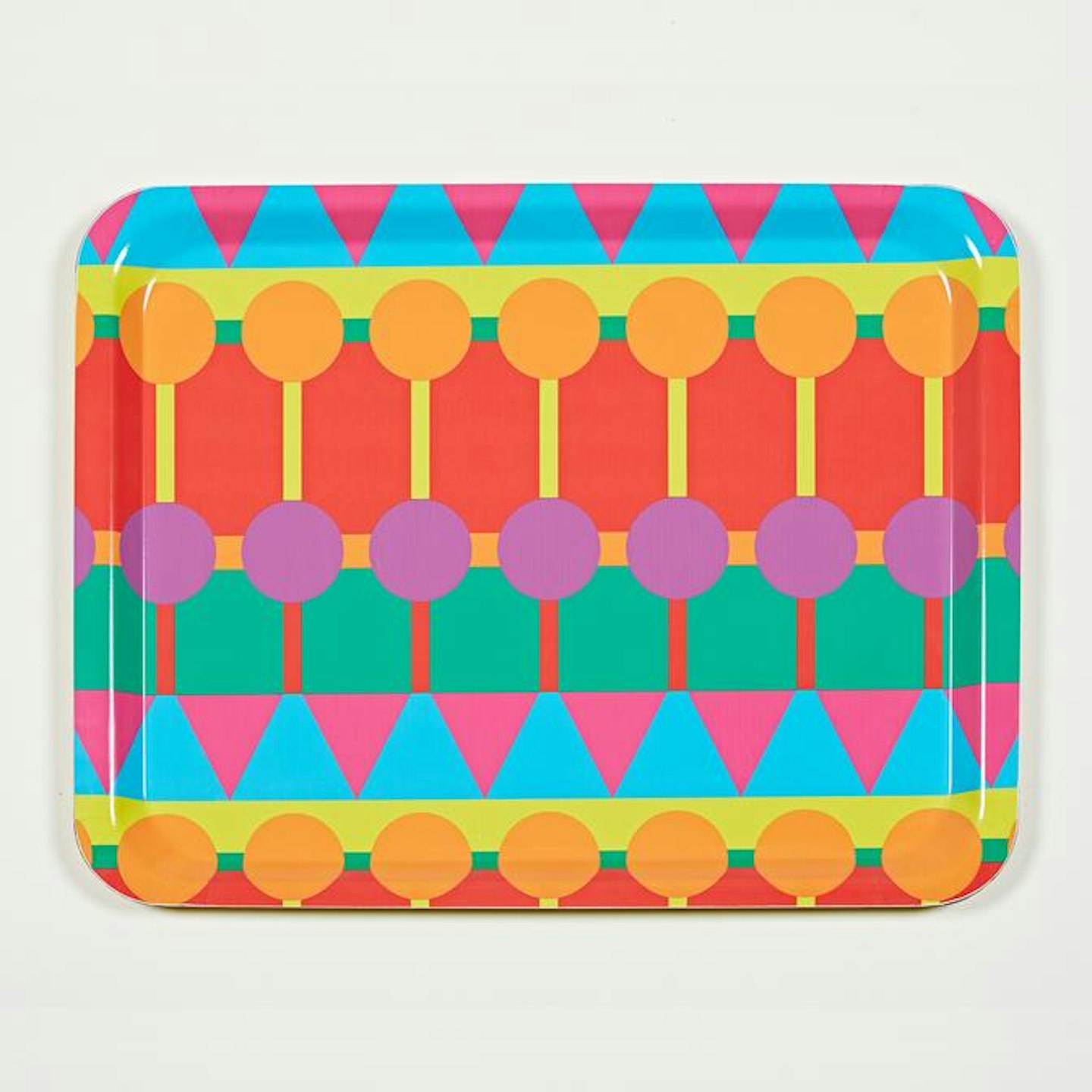 23 of 23
23 of 23